Bangladesh applauds 20% US tariff as ‘good news’ for apparel industry
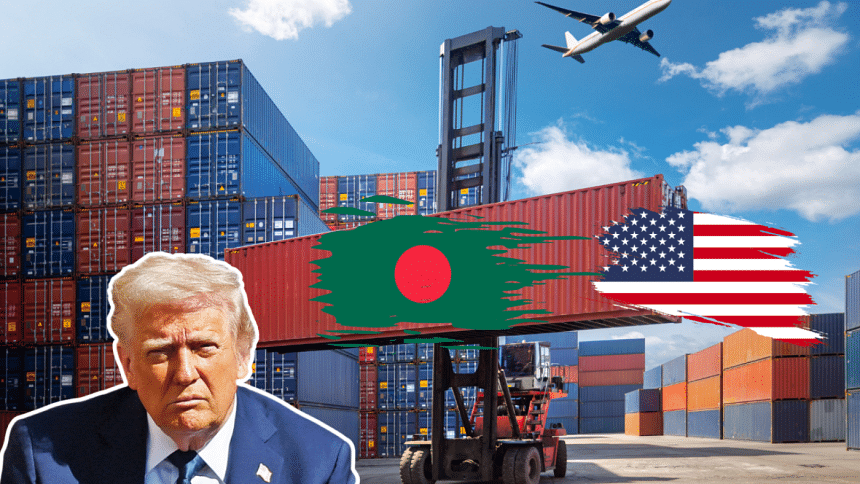
Bangladesh has welcomed the outcome of trade negotiations with Washington, securing a 20 percent tariff rate on its exports to the US under a sweeping new executive order issued by President Donald Trump.
The order imposes import duties of up to 41 percent on 70 countries, part of a broader US strategy to tie trade access to commitments on economic reform, trade balances, and national security cooperation.
"Today, we successfully avoided a potential 35 percent reciprocal tariff. That's good news for our apparel sector and the millions who depend on it," said Khalilur Rahman, Bangladesh's national security adviser, who was part of the negotiation team in Washington. "We've also preserved our global competitiveness and opened up new opportunities to access the world's largest consumer market."
The outcome ensures that Bangladesh remains on par with key rivals in the apparel export market -- Sri Lanka, Vietnam, Pakistan, and Indonesia, all of which received similar tariff levels of 19-20 percent. India, by contrast, was hit with a 25 percent tariff after failing to reach a comprehensive agreement.
"We negotiated carefully to ensure that our commitments aligned with our national interests and capacity," Rahman said. "Protecting our apparel industry was a top priority, but we also focused our purchase commitments on US agricultural products. This supports our food security goals and fosters goodwill with US farming states."
President Trump's executive order follows months of tense bilateral negotiations and marks the most aggressive reworking of US trade relationships since the start of his administration. Countries were required not only to agree on tariff adjustments but also to address wider US concerns, including non-tariff barriers and domestic policies seen as contributing to trade imbalances.
According to the White House, the final tariff rate applied to each country reflects the "depth of its commitment" across a range of strategic, economic, and regulatory dimensions. Countries that failed to sufficiently address US priorities received some of the highest tariff levels, while those willing to align more closely with US demands were offered partial relief.
For Bangladesh, the stakes were especially high. The country's apparel industry, employing over four million workers, relies heavily on US buyers. Bangladesh has potentially avoided a scenario that could have disrupted exports to its most critical market.
In his immediate reaction shared by the Bangladesh Embassy in Washington, Commerce Adviser Sk Bashir Uddin said, "With the 20 percent tariff imposed on Bangladesh, we will remain in a competitive position. There is no possibility that our exports to the United States will be hampered. However, we had expected a rate below 20 percent."

 For all latest news, follow The Daily Star's Google News channel.
For all latest news, follow The Daily Star's Google News channel. 
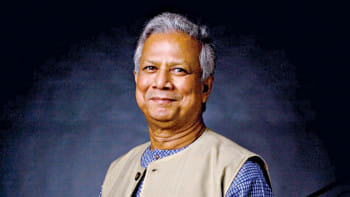


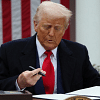
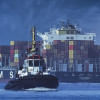
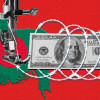
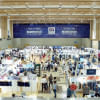



Comments